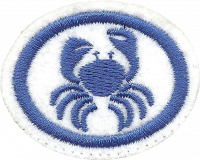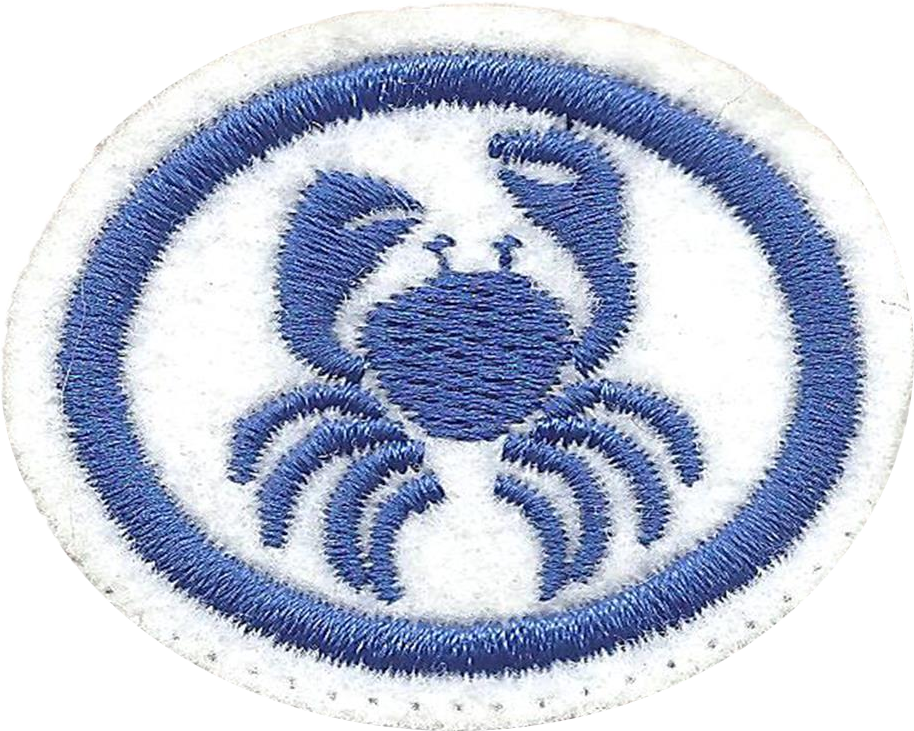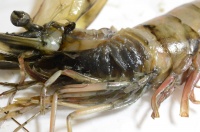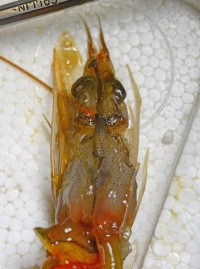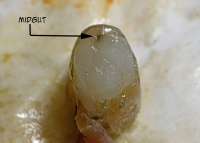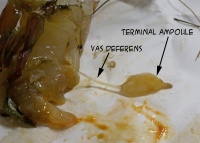Difference between revisions of "AY Honors/Crustaceans/Answer Key/es"
(Created page with "Ser capaz de identificar en vivo o a través de imágenes de los siguientes animales:") |
(Created page with "<noinclude>") |
||
| Line 166: | Line 166: | ||
<noinclude>Ser capaz de identificar en vivo o a través de imágenes de los siguientes animales: | <noinclude>Ser capaz de identificar en vivo o a través de imágenes de los siguientes animales: | ||
| − | + | <noinclude></noinclude> | |
| − | <noinclude | ||
| − | |||
{{CloseReq}} <!-- 11c --> | {{CloseReq}} <!-- 11c --> | ||
{{ansreq|page={{#titleparts:{{PAGENAME}}|2|1}}|num=11d}} <!--T:16--> | {{ansreq|page={{#titleparts:{{PAGENAME}}|2|1}}|num=11d}} <!--T:16--> | ||
Revision as of 08:10, 7 April 2021
Nivel de destreza
2
Año
2012
Version
08.02.2026
Autoridad de aprobación
División Sudamericana
1
2
3
4
5
6
7
8
9
¿Cuál es la importancia de lo micro crustáceos para el medio ambiente?
10
10a
10b
11
11a
Ser capaz de identificar en vivo o a través de imágenes de los siguientes animales:
11b
11c
Ser capaz de identificar en vivo o a través de imágenes de los siguientes animales:
11d
11e
Shrimp are slender with long muscular abdomens. They look somewhat like small lobsters, but not like crabs. The abdomens of crabs are small and short, whereas the abdomens of lobsters and shrimp are large and long. The lower abdomens of shrimp support pleopods which are well adapted for swimming. The carapace of crabs are wide and flat, whereas the carapace of lobsters and shrimp are more cylindrical. The antennae of crabs are short, whereas the antennae of lobsters and shrimp are usually long, reaching more than twice the body length in some shrimp species.
11f
11g
